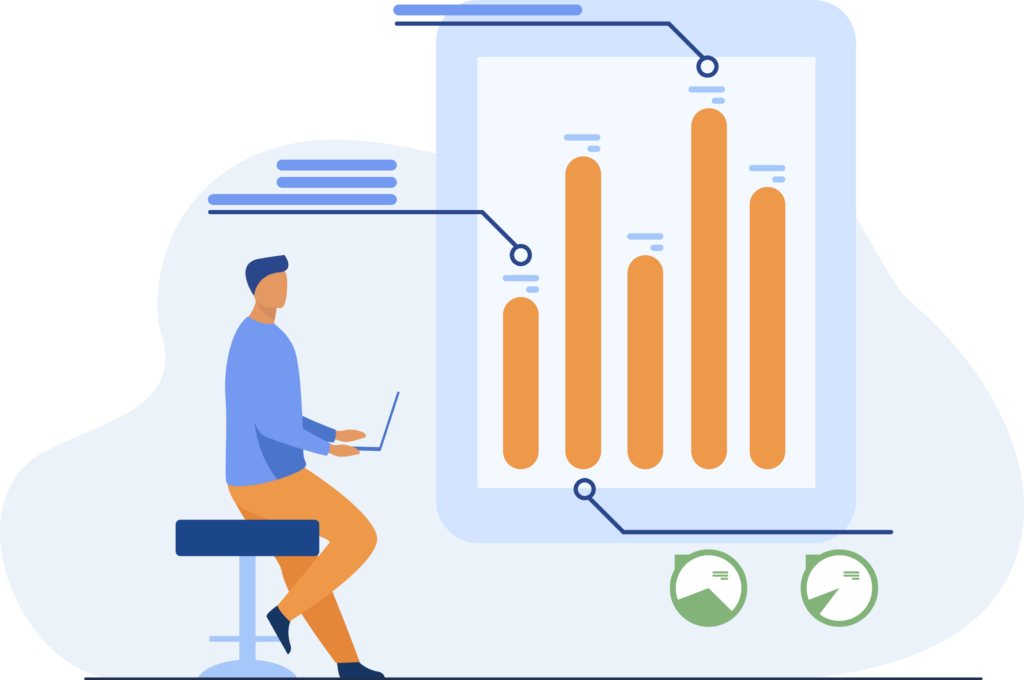iMetrics Lab is a multidisciplinary research group focussed on infometric studies on the Internet. It focuses particularly on the design and implementation of evaluation and assessment models based on metrics and online sources, covering the processes of creation, communication, consumption and evaluation of the information.
The group is made up of three key areas of work, according to the application environment of the models of analysis:
iMetrics Scholar
Within the iMetrics Scholar area, works is done in conjunction with cybermetric, bibliometric and scientometric methods and techniques, conducting studies applied to the different agents that are involved in the processes of creation, communication, consumption and evaluation of Science (universities, research centres and institutes, research staff, scientific publications, research objects, in addition to sources and providers of data and services).


iMetrics Social
The iMetrics Social area includes research projects geared towards analysing the digital behaviour of different actors, from social movements to youth gangs. We want to discover the impact of technological transformations (especially in the digital generation) and study how people use and are affected by digital media and new technologies in aspects of day-to-day life such as building an identity, political participation or media literacy, among others. For that reason, we use methodological triangulation where we combine different quantitative methods (social network analysis, content analysis and surveys) and qualitative methods (interviews, focus groups, virtual ethnography).
iMetrics Business
Within the iMetrics Business area the dynamics of digital marketing and ecommerce are studied using the digital products created by companies (including their brands, products and services) and also people (real or potential clients and users), identifying both the supply (particularly in digital and multichannel national and international environments) and demand. Various qualitative and quantitative research techniques are used for this in their different levels of social interaction and user experience, in order to find exclusive aspects (belonging to the sector and audience) and transversal aspects (common to multiple sectors, countries and cultures).
